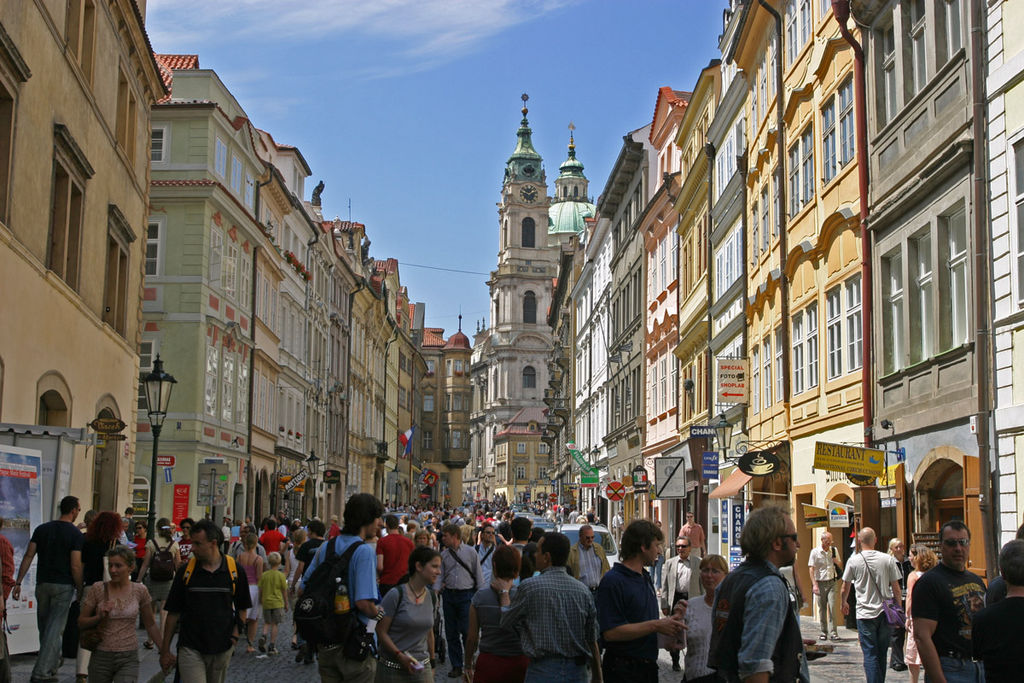The Czech paradox
What did the Czechs give Europe? It would be much easier to answer this question if we knew what Europe is. If we think of it as the European Union, then the Czechs might be seen, for instance in Timothy Snyder’s view, as simply one of “ancient Habsburg peoples who abandoned great national projects of the 19th century in order to embrace the European idea of the 21st century”. Similar to other countries in the region, the Czech Republic, is a country too small to be able to conceive the notion of a sovereign existence; too poor in resources and educated elite to be able to survive in the times of globalisation; they aim for unification [since today] the indication of national success is not an independent state but EU membership, Snyder wrote in 2008.
October 31, 2017 -
Aleksander Kaczorowski
-
AnalysisIssue 6 2017Magazine

Photo: Diliff (CC) commons.wikimedia.org

































